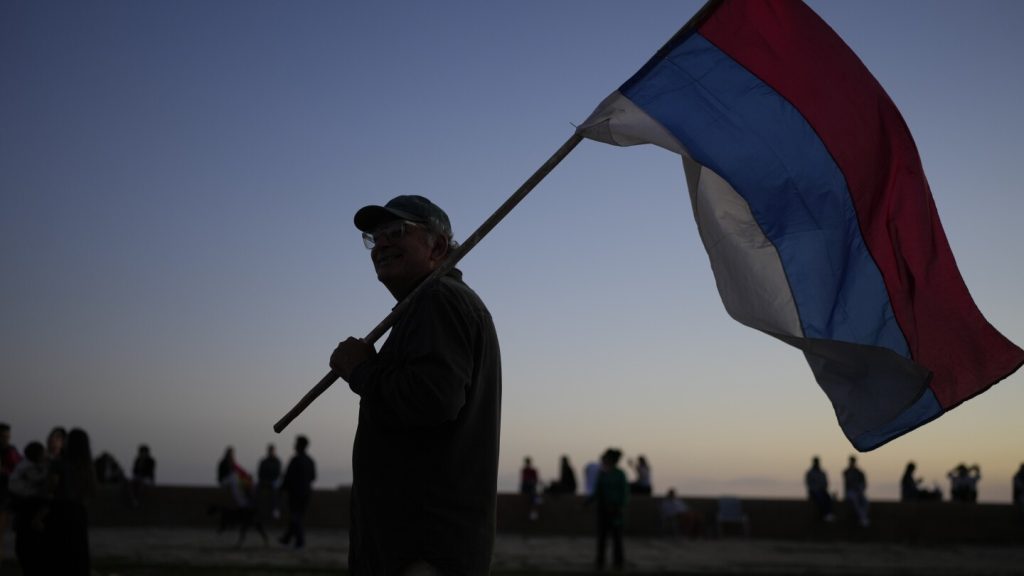In Uruguay’s recent presidential election, voters cast ballots for a second-round runoff between center-left rural mayor Yamandú Orsi and conservative incumbent-party candidate Álvaro Delgado. The election reflects a civilized race focused on key issues such as rising crime, pension reform, and education quality, in contrast to the bitter division seen in other parts of Latin America and the United States. Uruguay’s center-left Broad Front alliance, which held the presidency for 15 years from 2005-2020, went into the election as the front-runner due to a desire for a stronger social safety net in the country.
The transformation of Uruguay, including the legalization of abortion, same-sex marriage, and recreational marijuana, occurred under the tenure of former President José “Pepe” Mujica, who has backed Orsi in the current election. Orsi’s working-class background and promise to eschew many benefits enjoyed by heads of state draw inspiration from Mujica. The Broad Front has taken a more moderate stance compared to leftist politicians in other countries in the region, and Orsi supports tax incentives to attract investors.
In the preliminary results, Orsi led with over 41% of the vote, followed by Delgado with just over 27%, signaling a runoff on Nov. 24. The contrasting campaign slogans of Delgado, focused on continuing good governance, and Ojeda, a unique candidate targeting young voters, added diversity to the election. Exit polls showed rejection of the constitutional referendum to overhaul Uruguay’s social security system, easing concerns about fiscal deficits, and also indicated a likely rejection of a reform that would allow police to search homes at night with a court order.
Both candidates acknowledged the need for a strong campaign in the upcoming weeks to win over voters in the runoff. Despite Orsi’s initial lead, experts warn that the final outcome is uncertain, with the governing coalition expected to gain support in the final stretch. The high voter turnout, compulsory in Uruguay, reflects the importance of democracy in the country. The focus on key issues like crime, pensions, and education has shaped the election discourse, setting Uruguay’s presidential race apart from the divisive politics seen in other parts of the region.
As the country prepares for the runoff election, where Orsi and Delgado will face off, the eyes of Uruguayans and observers will be on the candidates’ strategies to secure victory. The runoff will decide the next president of Uruguay, a country known for its stable democracy and progressive social policies. With the election campaign intensifying in the coming weeks, the future direction of Uruguay’s governance and policies will be determined by the choices made by voters in the second round.


